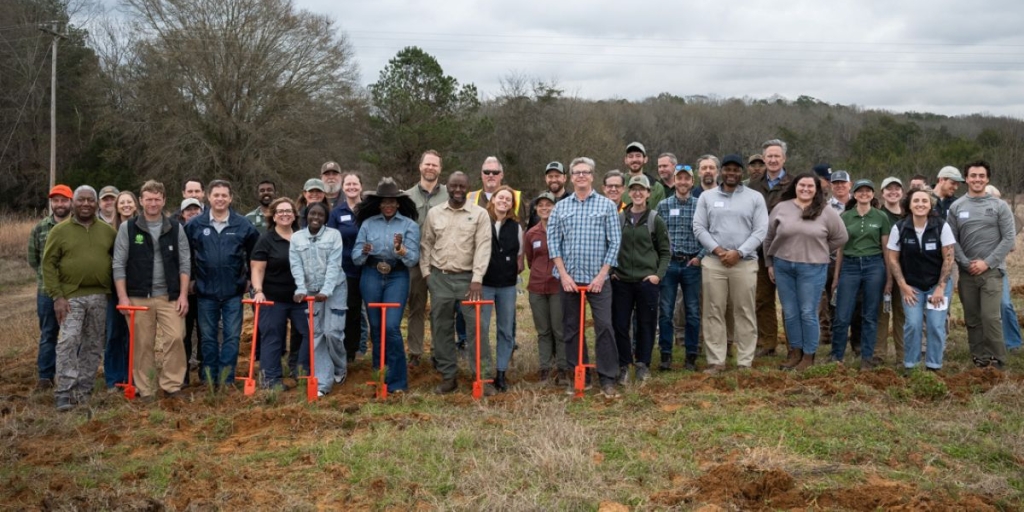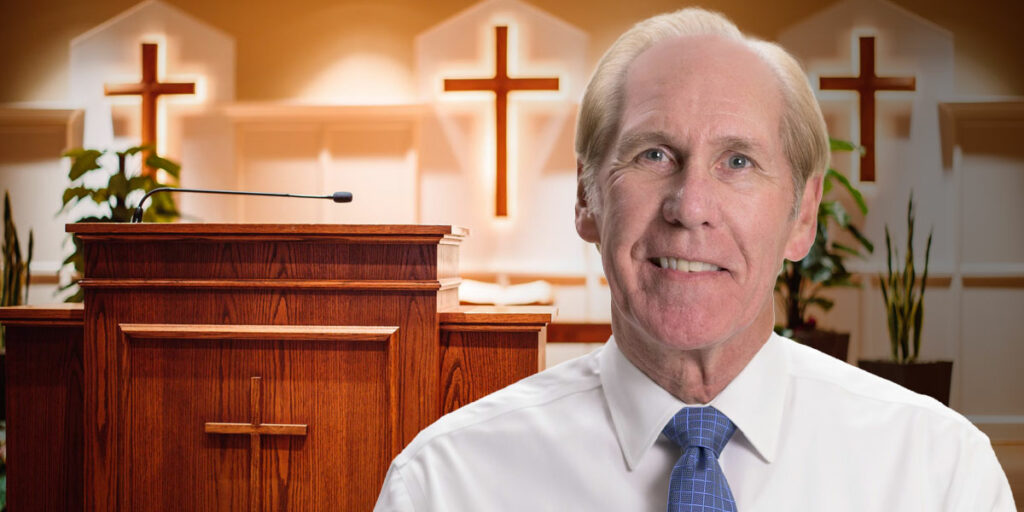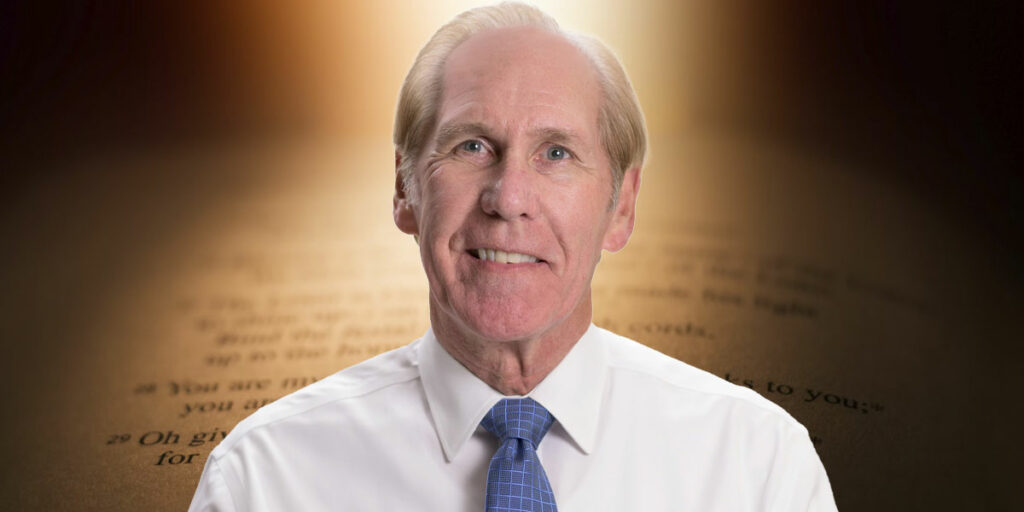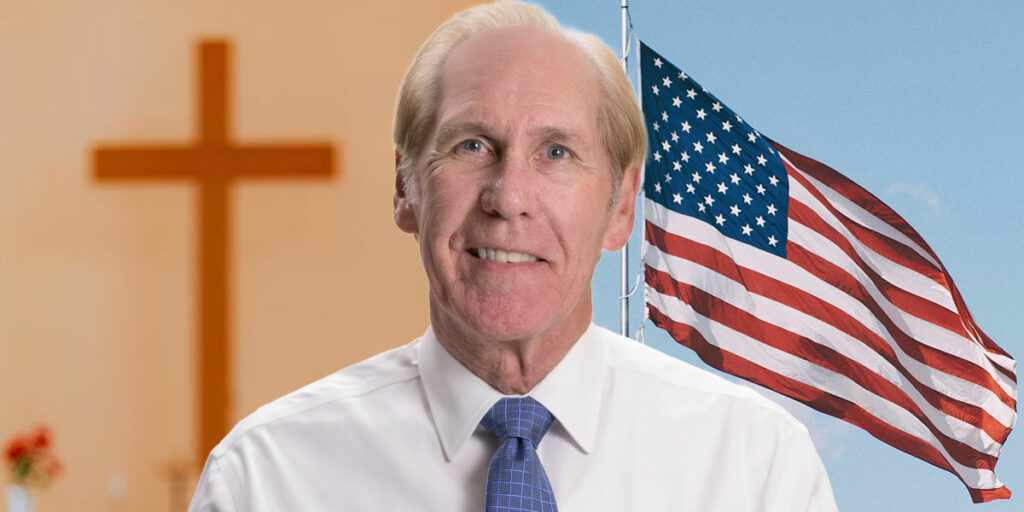It happened again a few weeks ago when I raked leaves at home. I heard Nolin Chambers speaking inside my head: “You can blow those leaves around all day, but at some point, you’ve got to get them up.”
Nolin was a retired police officer who worked as building superintendent at First Baptist Church in Selma. I asked him one day why we couldn’t buy a leaf blower for the custodian and he shared his thoughts. The leaf blower is fine, he insisted, but not the end of the matter!
After all these years I still hear his comment whenever I power up the leaf blower.
What is it about some comments that cement themselves inside our brains?
It was longer ago than Nolin’s comment when I was preaching one Sunday night. Remember Sunday night church? It’s rare these days, and perhaps one reason is that we preachers were somewhat brain dead after a long day. Nevertheless, the congregation began to laugh during the sermon. I wasn’t aware of any humor I’d shared. I was so puzzled that I stopped to ask what was funny.
“You said ‘we all have feets of clay,’” Lewis said, speaking for the others.
I laughed along with everybody else, but insisted, “It’s true. We all do have feets of clay!”
I remember that incident when I yet insist we all have feet of clay. (By the way, this is a phrase borrowed from the Old Testament book of Daniel.)
I met Dr. John Howell several years ago at a conference. He was, at the time, a professor at Midwestern Baptist Theological Seminary in Kansas City. I told him I’d recently read one of his books and was struck by a story he told. A counselee revealed she grew up feeling worthless. She traced her inferiority complex to her father whose most oft-spoken comment to her as a child was, “You are stupid.” This lady came to believe what her father told her. His terrible comment cemented itself to her brain.
In Proverbs King Solomon noted, “Death and life are in the power of the tongue” (Prov. 18:21). Our words have capacity to uplift, to encourage and to inspire. But our words also have power to tear down, to discourage and to depress.
Most of us can remember fairly insignificant or humorous things people said that have stayed with us over the course of our lives. And sadly, we can remember caustic words people have spoken to us that grieved our spirits.
King David agreed with his son when he prayed, “Set a watch, O Lord, before my mouth; keep the door of my lips” (Ps 141:3).
We need God’s help to use our words constructively.
Reflections is a weekly faith column by Michael J. Brooks, pastor of the Siluria Baptist Church in Alabaster. The church’s website is siluriabaptist.com.











